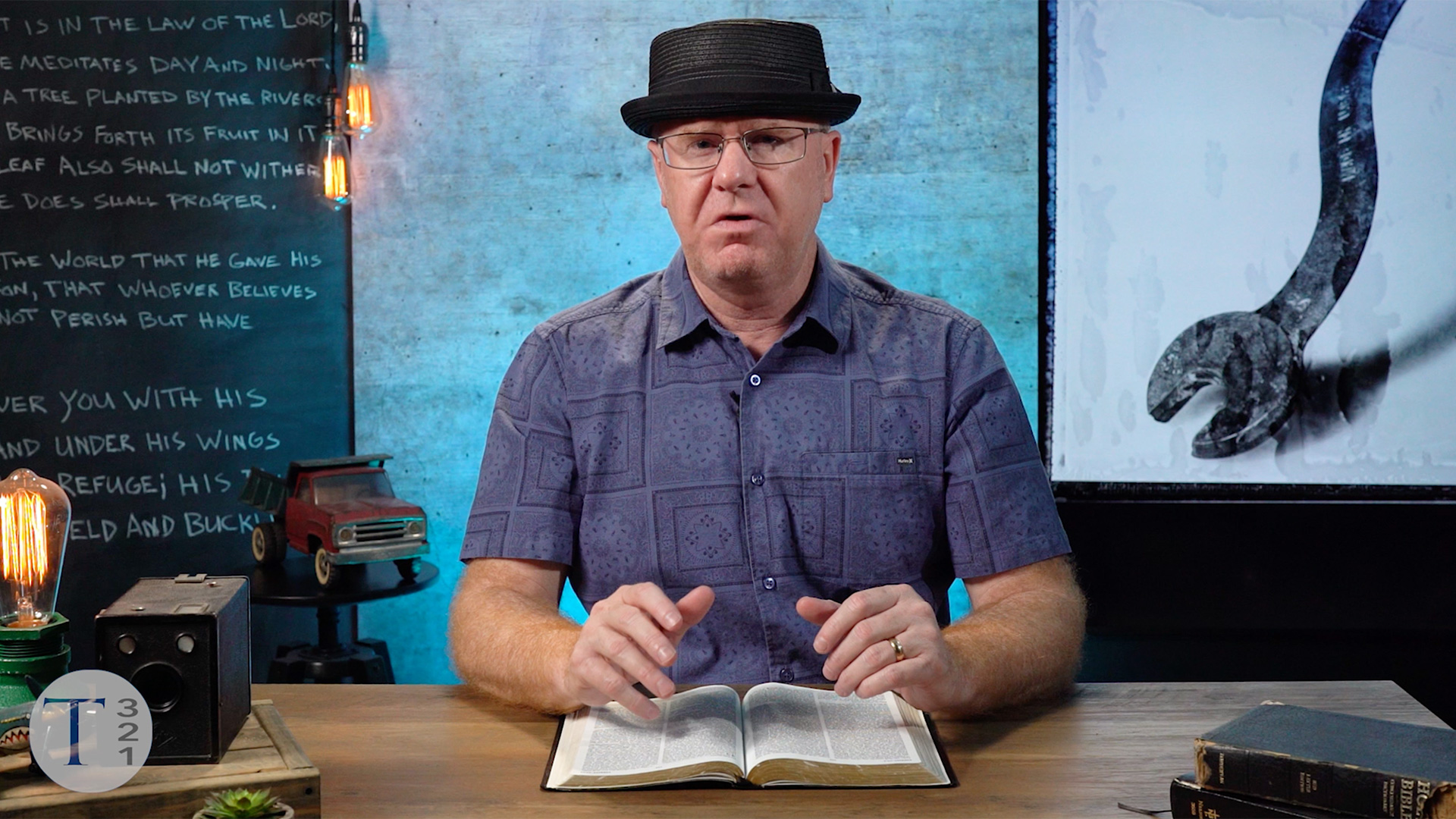Postmodernism
Postmodernism – A Description

Postmodernism is difficult to define, because to define it would violate the postmodernist's premise that no definite terms, boundaries, or absolute truths exist. In this article, the term “postmodernism” will remain vague, since those who claim to be postmodernists have varying beliefs and opinions on issues.
Are nationalism, politics, religion, and war the result of a primitive human mentality? Is truth an illusion? How can Christianity claim primacy or dictate morals? The list of concerns goes on and on especially for those affected by a postmodern philosophy and lifestyle. For some, the questions stem from lost confidence in a corrupt Western world. For others, freedom from traditional authority is the issue. Their concern centers around the West’s continued reliance on ancient and traditional religious morals, nationalism, capitalism, inept political systems, and unwise use and adverse impact of promoting “trade offs” between energy resources and environment, for economic gain.
According to the Postmodern Worldview, the Western world society is an outdated lifestyle disguised under impersonal and faceless bureaucracies. The postmodernist endlessly debates the modernist about the Western society needing to move beyond their primitiveness of ancient traditional thought and practices.
Their concerns, for example, often include building and using weapons of mass destruction, encouraging an unlimited amount of consumerism thus fostering a wasteful throwaway society at the sacrifice of the earth’s resources and environment, while at the same time not serving the fair and equitable socioeconomic needs of the populace.
Postmodernists believe that the West’s claims of freedom and prosperity continue to be nothing more than empty promises and have not met the needs of humanity. They believe that truth is relative and truth is up to each individual to determine for himself. Most believe nationalism builds walls, makes enemies, and destroys “Mother Earth," while capitalism creates a “have and have not” society, and religion causes moral friction and division among people.
Postmodernism claims to be the successor to the 17th century Enlightenment. For over four centuries, “postmodern thinkers” have promoted and defended a New Age way of conceptualizing and rationalizing human life and progress. Postmodernists are typically atheistic or agnostic while some prefer to follow eastern religion thoughts and practices. Many are naturalist including humanitarians, environmentalists, and philosophers.
They challenge the core religious and capitalistic values of the Western world and seek change for a new age of liberty within a global community. Many prefer to live under a global, non-political government without tribal or national boundaries and one that is sensitive to the socioeconomic equality for all people.
Postmodernism – Right and Wrong?
Postmodernists do not attempt to refine their thoughts about what is right or wrong, true or false, good or evil. They believe that there isn’t such a thing as absolute truth. A postmodernist views the world outside of themselves as being in error, that is, other people’s truth becomes indistinguishable from error. Therefore, no one has the authority to define truth or impose upon others his idea of moral right and wrong.
Their self-rationalization of the universe and world around them pits themselves against divine revelation versus moral relativism. Many choose to believe in naturalism and evolution rather than God and creationism.
Postmodernism – Politics
Postmodernists protest Western society’s suppression of equal rights. They believe that the capitalistic economic system lacks equal distribution of goods and salary. While the few rich prosper, the mass populace becomes impoverished. Postmodernists view democratic constitutions as flawed in substance, impossible to uphold, and unfair in principle.
